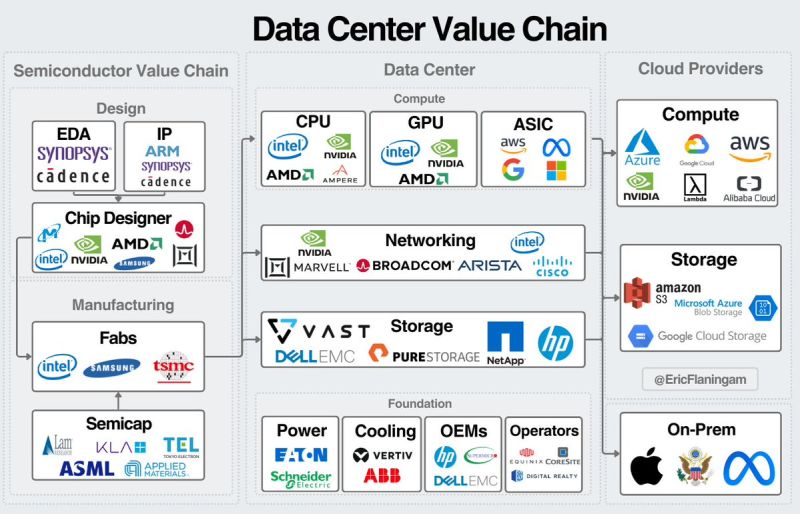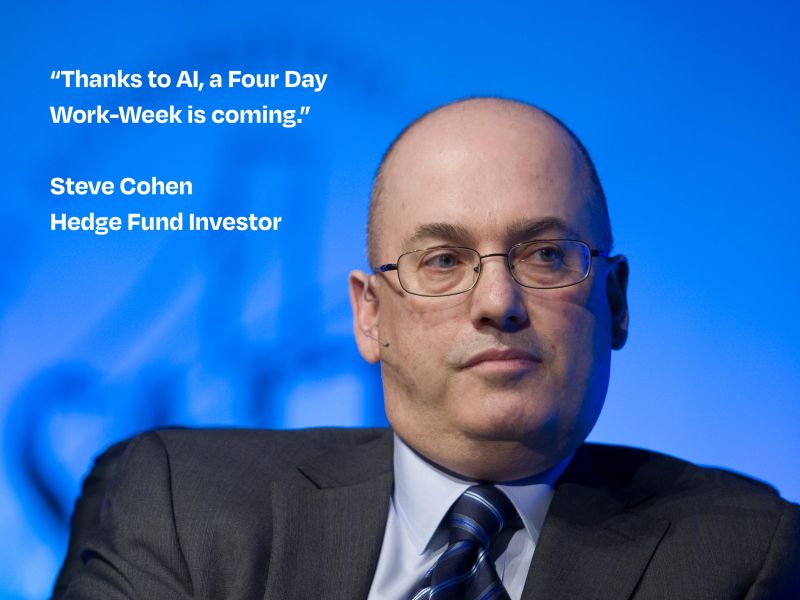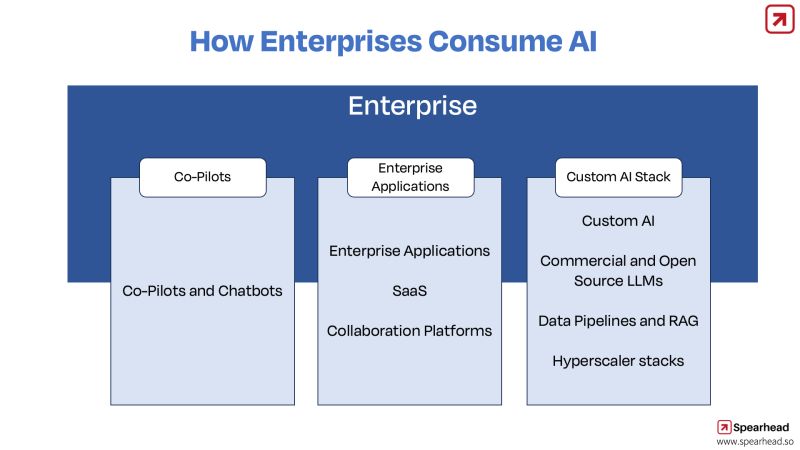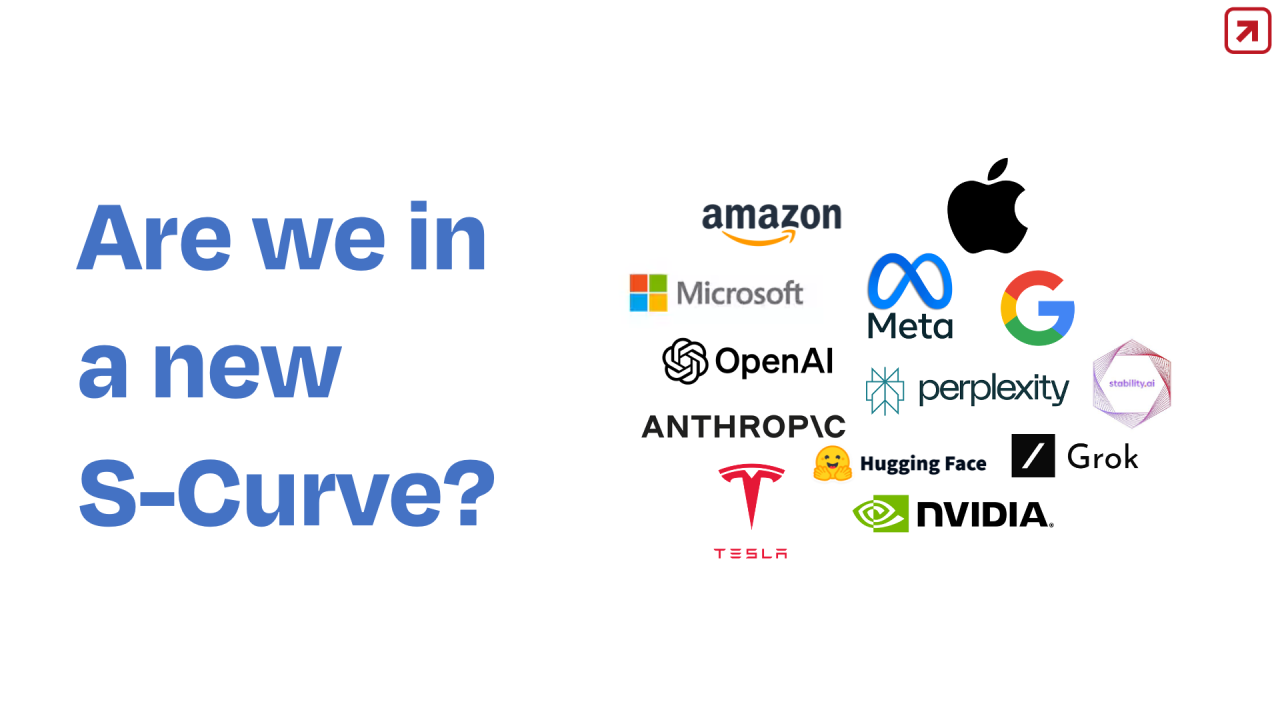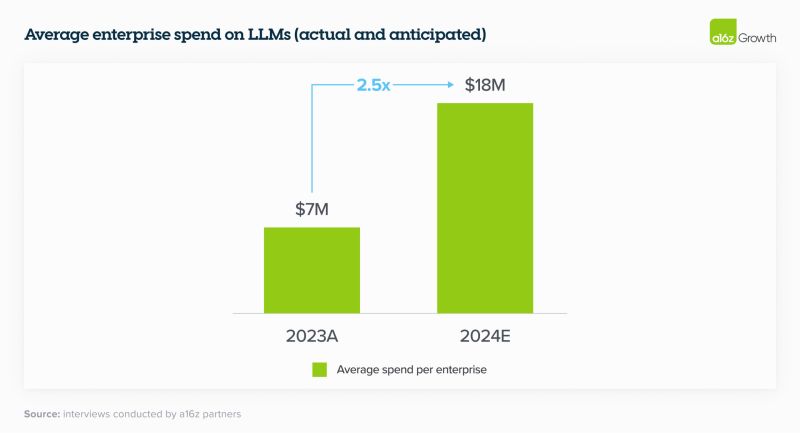Blogs
Gentle reminder from Steve Jobs: Start with the Customer, Not the Technology.
Amazon applied 'Clean Sheet Design' to come up with innovative products ranging from AWS and Kindle.
Adobe is about to pull off a gangster move with their new AI strategy.
Media: with AI, Silicon Valley is destroying opportunities for everyone
AI will drastically bring down the cost of writing code. Surprisingly, that means that we will need more tech professionals, not less.
How Generative AI is overhauling Data Centers
Is the 4 day work-week our inevitable future?
How are enterprises adopting and consuming AI?
We are witnessing the rise of AI as a brand new S-curve of enterprise transformation and innovation.
Just in 2024, average enterprise spend on Generative AI is expected to grow between 2x to 5x.





